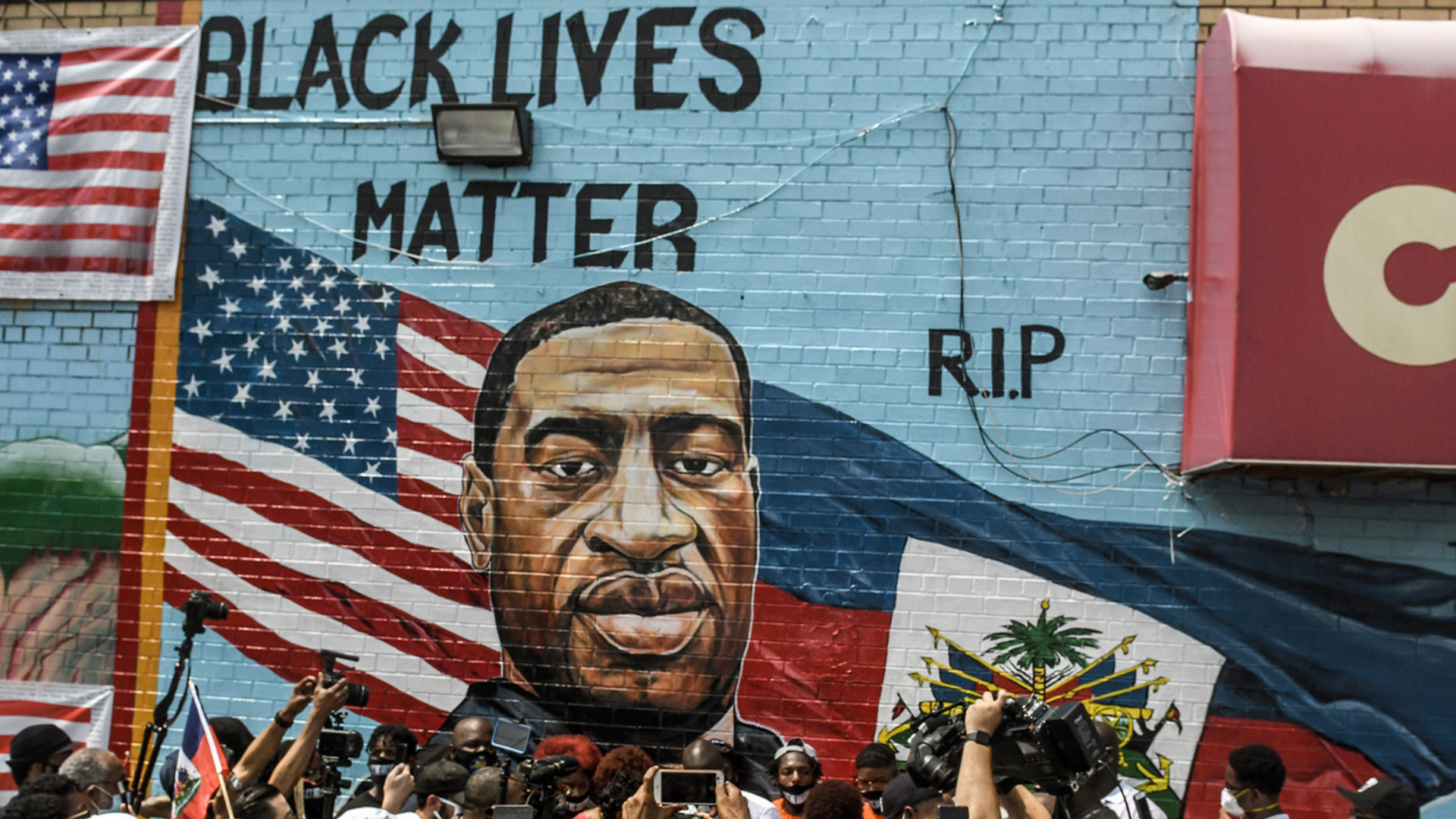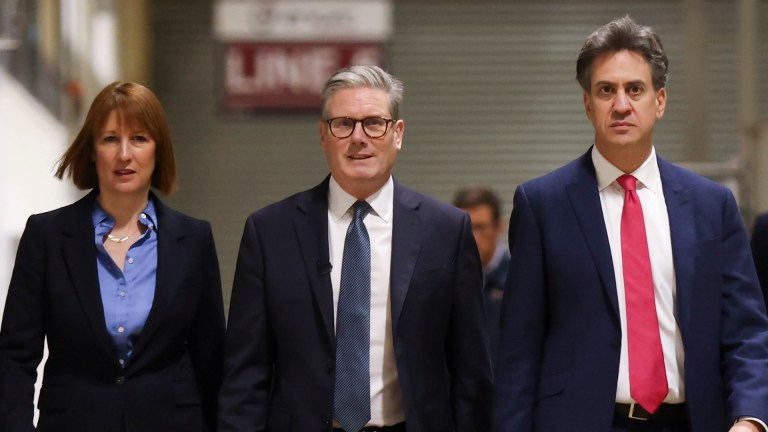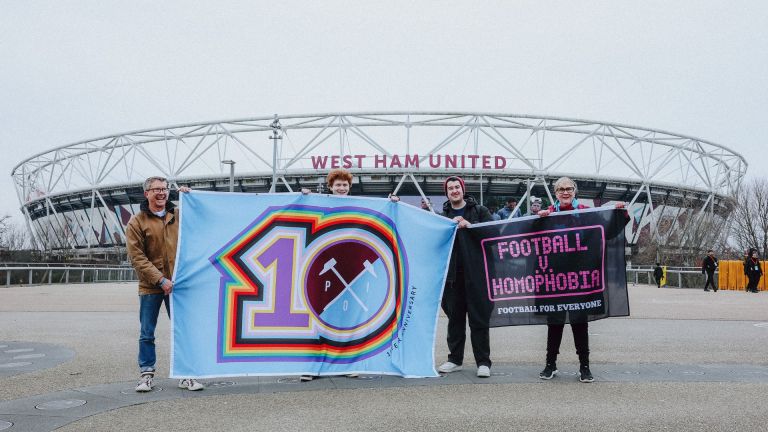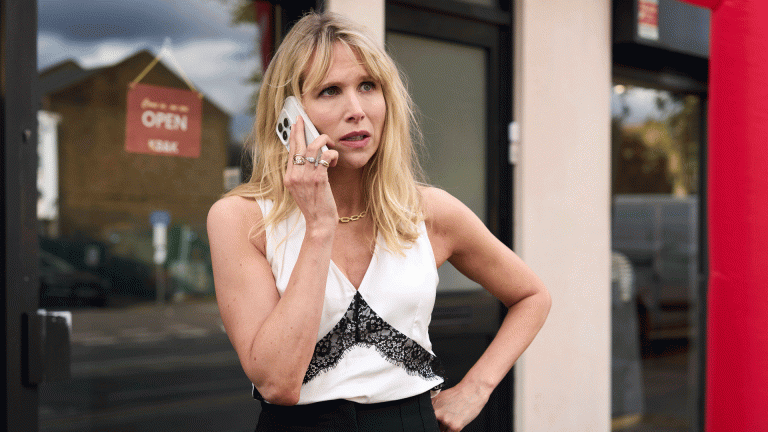The legacies of slavery are not just in the ideas, but woven into the very fabric of society
So much of our mistreatment by police comes down to this basic perception, justifying our abuse. The source of this idea is the enslavement of Africans, when for three centuries Europeans exploited our labour and treated us no different from horses or cattle. We like to pretend that those days are long past, that we can move on.
But the racist ideas that were necessary to enslave us are still having deadly consequences today. The legacies of slavery are not just in the ideas, but woven into the very fabric of society.
Black people are more likely to be stopped, arrested and incarcerated in large part because of economic disadvantage. Due to racial segregation in housing (less visible in Britain than in the US only because of our smaller numbers) and a staggering wealth gap, the majority of the population live in inner-city areas with far less access to opportunity.
These areas are then over-policed, producing almost unbelievable inequalities in criminal justice, like over half of all young people incarcerated in England and Wales belonging to an ethnic minority group. We cannot disconnect these inequalities from the legacies of slavery and colonialism.
While the slave owners received the biggest pay out in government history in 1834 to compensate for their ‘losses’ from abolition, the enslaved received nothing at all. In fact, they and their descendants (including me and my family) were paying the slave owner reparations through our taxes until 2015, because the government needed to take out a loan so large from the Bank of England it took almost 200 years to pay back.
Posting black squares, committing to diverse hiring practices or PR commitments to ‘reparations’ are not steps in the right direction
The profits from slavery laid the foundation for much of the economy, powering the industrial revolution and paving the way for the modern world. Meanwhile, the seeds of poverty for the formerly enslaved were firmly planted, explaining the disparities to this day. European empires similarly plundered Africa, Asia and other colonial possessions, creating the world in the image of white supremacy with the West (white) at the richest and Africa (black) the poorest, and a hierarchy in between.
In this respect nothing has changed. Have you ever wondered why people from island paradises move to this cold, gloomy rock with its awful weather? The principle logic of empire was that white life is superior and all others are expendable for Western progress. Sweatshop labour, unfair trade practices, commodities produced in medieval conditions and the continued pillaging of Africa for resources very clearly show us that the very same principles apply.
There is an unbroken line from the horrors of slavery and colonialism to the racial inequalities in the world we see today
George Floyd’s killing sparked off protests because it touched a raw nerve, demonstrating racist logic so clearly. Now that many more people have awoken to the issue we need to be wary about how they are interpreted. Posting black squares, committing to diverse hiring practices or PR commitments to ‘reparations’ are not steps in the right direction.
They might make us feel better, like we are doing something, but sticking a plaster on a bullet wound just makes matters worse. There is an unbroken line from the horrors of slavery and colonialism to the racial inequalities in the world we see today. It is uncomfortable to consider that our prosperity is built on racial exploitation, but without discomfort we cannot make the changes that are necessary.
We must resist the temptation to look for easy answers and quick fixes because we will find ourselves continually coming back to the same moment. It is only by understanding the scale of the problem that we can build a new future.
Kehinde Andrews is Professor of Black Studies at Birmingham City University. His book, The New Age of Empire: How Racism and Colonialism Still Rule the World is out now (Penguin, £20)










